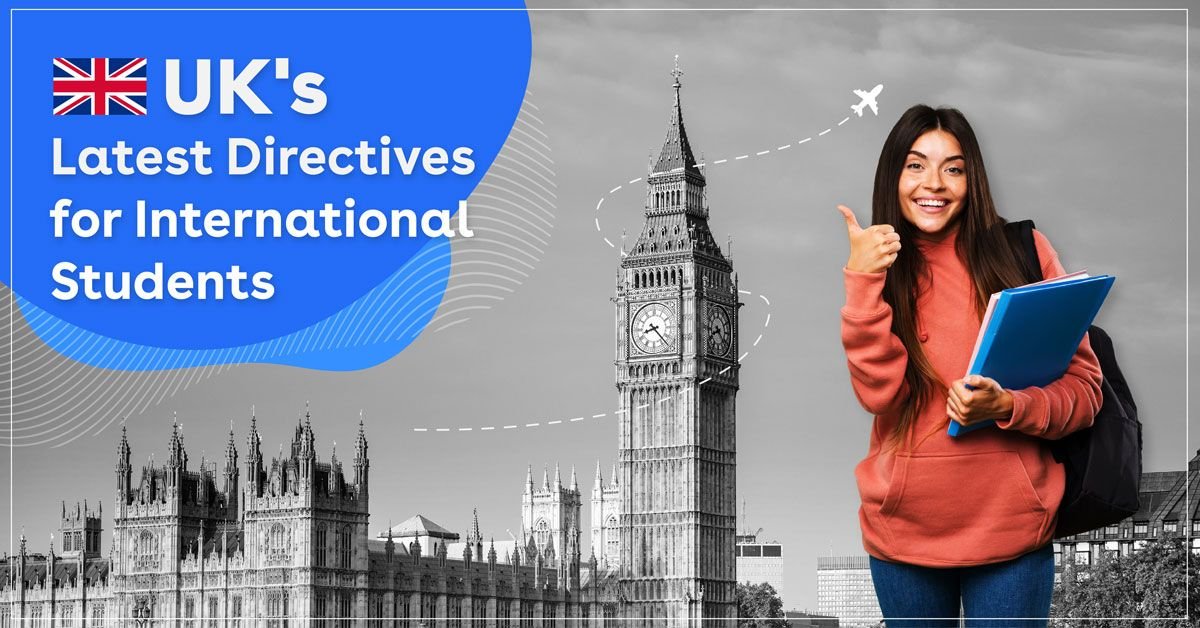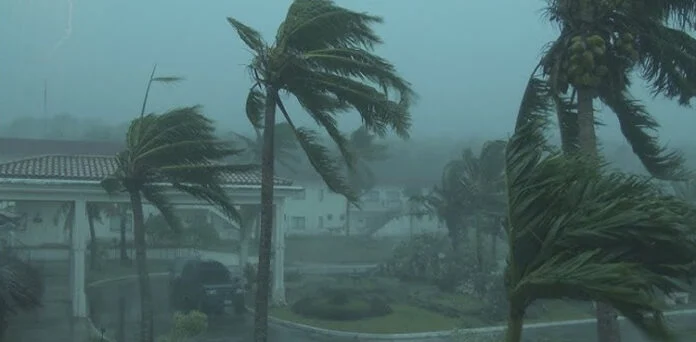
The United States is tightening immigration rules by increasing the number of student visa revocations and rejecting more applications for non-immigrant visas, such as those used for tourism and business travel. Although the termination of SEVIS records has been temporarily paused, Immigration and Customs Enforcement (ICE) recently distributed a memo outlining the standards for suspending or revoking these records under the Student and Exchange Visitor Program.
In addition to student visa challenges, there has been a noticeable rise in the rejection of B1/B2 visa applications, which are commonly used for short-term travel to the U.S. for business or tourism. Some recent cases include parents being denied visitor visas simply because their child transferred to a different U.S. university, or because they planned to attend a family gathering, such as a housewarming, in the United States. Even after reapplying, many of these applicants have not been successful in obtaining approval.
Foreign nationals who want to enter the U.S. must apply for a visa, either for temporary stays (nonimmigrant visas) or permanent residence (immigrant visas). Among nonimmigrant visas, the B-1 is intended for business-related visits, the B-2 for tourism, and the B-1/B-2 for a combination of both purposes. When applying, individuals must attend an interview with a consular officer, who determines eligibility based on U.S. immigration laws. If more information is needed after the interview, the applicant is informed that further administrative processing is required.
Visa refusal during the interview process is relatively common. A major factor in approval is the applicant’s ability to prove that they do not intend to stay in the U.S. permanently. Applicants must provide convincing answers and supporting documentation—such as financial records or confirmed travel plans—that demonstrate their intent to return to their home country.
Every visa application is evaluated on a case-by-case basis, and outcomes vary depending on each individual’s background. However, one of the most frequent reasons for denial is that the consular officer is not satisfied that the applicant has strong enough ties—such as family relationships, employment, property ownership, or other commitments—to their home country. These ties are essential in overcoming the default assumption, under Section 214(b) of the Immigration and Nationality Act, that all applicants may intend to immigrate.
To succeed in the interview, applicants must clearly show that they have a permanent residence outside the U.S. that they have no plans to abandon, that they will leave the U.S. once their visit concludes, that they can afford the trip, and that their planned activities align with the visa category for which they are applying.


















